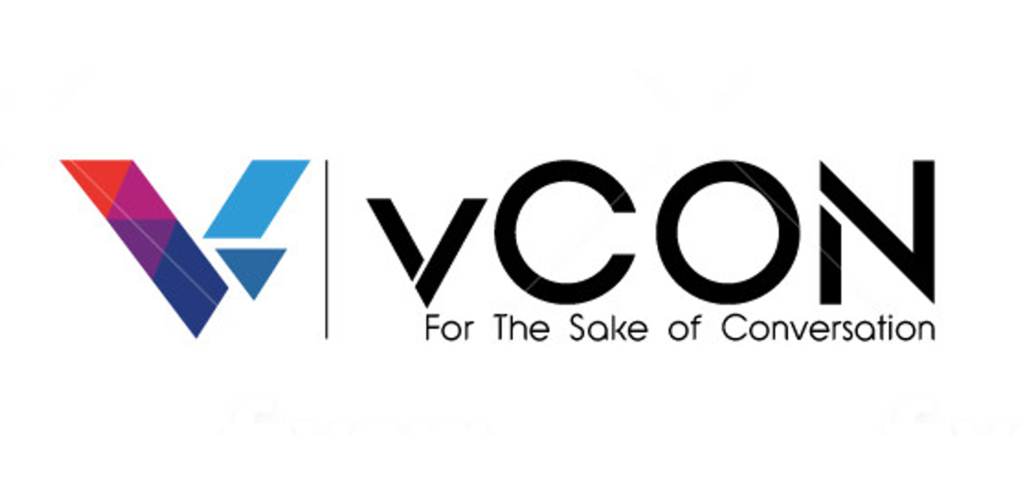The purpose of this CXTech Week 21 2022 newsletter is to highlight, with commentary, some of the news stories in CXTech this week. What is CXTech? The C stands for Connectivity, Communications, Collaboration, Conversation, Customer; X for Experience because that’s what matters; and Tech because the focus is enablers.
You can sign up here to receive the CXTech News and Analysis by email. Please forward this on if you think someone should join the list. And please let me know any CXTech news I should include.
Following advice, I’m including a small pitch for my consulting services in this newsletter, many readers are unaware I consult. I’m an Engineer who’s been independently consulting for a couple of decades, “I know stuff and people” 😉 Knowing people can help you get access to the right people to refine your proposition or get to deals faster. I’ve helped many start-ups build their business in telecoms / communications. Quoting one client, “I wish there was someone like you for every industry vertical.” Contact me here.
Covered this week:
- vCon Workshop, Thursday June 9th at 11AM ET / 8AM PT / 4PM UK / 5PM CET
- Malaysian telcos demand majority stake in 5G state agency DNB
- Zoom focuses on Profitability as Revenue growth slows
- FCC Acts to Stop International Robocalls
- People, Gossip, and Frivolous Stuff
vCon Workshop
vCon is an open standard for conversation data. In December 2021 Thomas Howe, CTO of STROLID, introduced vCon. Check out the vCon github repository and get involved, it’s open to everyone.
Sharing conversation data is a significant problem faced by programmable communications developers today. vCon makes working with conversations easier, hence the addressable market of developers expands ten thousand fold across web and enterprise developers. This happened one decade ago when telecoms became easy to use with simple web-centric APIs from CPaaS. This will happen again for conversations thanks to vCon.
An innovation ecosystem of specialists in conversation intelligence will flourish solving specific business pain points across operations, compliance, privacy, security, ethics, etc. Being able to access customer data often trapped within communication platforms. Think of vCon as ‘robot food’, enabling conversation data to be presented in a common format and more easily cleaned for training of machine learning. ASR and conversation AI solutions do not meet the needs of some businesses with respect to accuracy, vCon will help our industry close the gap with respect to the hype.
Through the creation of a common unit of exchange and openness, industries have been transformed. Global trade in the 50 years from 1967 to 2017 went from 22% to roughly 60% of global GDP thanks to containers. SMS in 5 years grew 3000%, and created multi-tens of billion dollar industries across CPaaS and A2P SMS. Open banking in the UK became ubiquitous in 4 years.
vCon will do the same. Conversations currently trapped in silos of communication platforms or simply stored in the company’s data lake will become common units, where innovators will create new value, solve business problems, and deliver valuable insights because their business lives/dies on delivering that. vCon is the next leap forward in the programmable communications industry.
On Thursday June 9th at 11AM ET / 8AM PT / 4PM UK / 5PM CET we plan to run a vCon Workshop. Register here. The agenda will be:
- Welcome and Intro from Thomas (10 mins)
- vCon Walkthrough from Dan and Thomas (15 mins)
- Use Cases, Analogies, Strategic Importance, Plans (10 mins)
- Call to Action: Please provide feedback and become a contributor.
- Q&A
STROLID will be sponsoring both TADHack and TADSummit. At TADHack developers will be able to build cool stuff using conversation data. And at TADSummit (website coming soon) we’ll have both a vCon keynote from Thomas and workshop to understand the latest and steer vCon’s direction.

Malaysian telcos demand majority stake in 5G state agency DNB
We covered in CXtech Week 3 2021 that the Malaysian government announced plans to own the fifth generation (5G) spectrum and build the country’s only 5G network instead of leaving it to the telecommunications operators. Think of it as a mobile version of some countries’ fixed NBN.
The squabbling continues with Malaysia’s four largest telecoms firms seeking a majority stake in 5G state agency Digital Nasional Berhad (DNB), countering a proposal by the government to offer them minority ownership.
The agency began an initial 5G network deployment in December last year. Since then, YTL and Telekom Malaysia have signed up, and YTL has started offering 5G services to its customers. But limited coverage and 4G being good enough mean it’s had little impact on subscription numbers yet.

Zoom focuses on Profitability as Revenue growth slows
Q1 revenue growth was 21% versus 35%, 54%, and 191% in the previous quarters. Zoom had warned the COVID party was over last year and the stock as been on a 9 month decline from a peak of 400 in August 2021, to about 100 today.
Zoom is now focused on the margin improvement through high-paying large enterprise customers revenue rising 31% in the first quarter, representing 52% of its total revenue. I didn’t realize large enterprise made up so much of its revenue. I’d always assumed Microsoft Teams and Webex dominated that segment, while Zoom won the rest of the market that was not trapped in legacy collaboration.
I’m an external party for many Microsoft Teams and Webex meetings and its never easy. Especially with Microsoft Teams it seems to hamper them using Zoom, the service I use. I’ve been examining the approaches to the next phase of collaboration competition across the enterprise segments around the world – still lots of international growth. The battle between Webex and RingCentral is going to be interesting to watch, both in North America and Western Europe.
FCC Acts to Stop International Robocalls
The FCC this week adopted new rules to stop illegal robocalls that originate overseas. The new rules on gateway providers – the on-ramps for international call traffic – institute stringent compliance requirements to ensure that these providers comply with STIR/SHAKEN caller ID authentication protocols and require that they take additional measures to validate the identity of the providers whose traffic they are routing.
This year’s Open Source Telecom Software Survey will include STIR/SHAKEN section, as we did last year. The results of which will be presented at TADSummit in November.
STIR/SHAKEN on its own hasn’t had a major effect on robocalls. It’s a game of whack-a-mole, smack down one way that robocalls are made, scammers change tactics and use a different method. Illegal robocallers moved away from using spoofed phone numbers made to look like a call is coming from a neighbor.
Now they’re buying lists of real phone numbers to trick spam-blocking software into letting the calls through. This makes the spammers easier to trace. So now it’s just a matter of enforcement of fines, which historically the FCC has not done. In CXTech Week 12 2021 we highlighted, “in 2019 the FCC “fined” robocallers $208 million since 2015 but collected only $6,790.”
We’ll also have a session at TADSummit 2022 in November from Gerry Christensen, VP YouMail, on “What Everyone Needs to Know about Protecting the CPaaS Ecosystem from Unlawful Robocalls.”
People, Gossip, and Frivolous Stuff
Eric Burger is now Research Director of the Commonwealth Cyber Initiative (CCI) at Virginia Tech
Andrew Hawkins is now Global SVP of Mobile Technology at Crypto.com.
Daisuke Tsunoda is now Product Marketing Manager GTM AR/VR at KDDI Corporation
Ashish Bavishi is now Partner at SMSCloud Hub
You can sign up here to receive the CXTech News and Analysis by email.